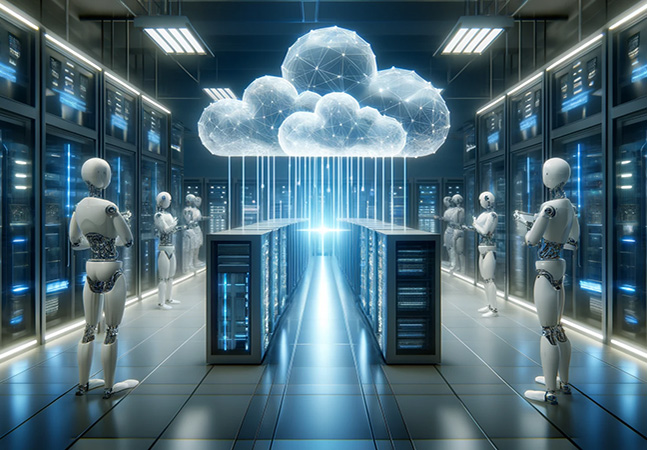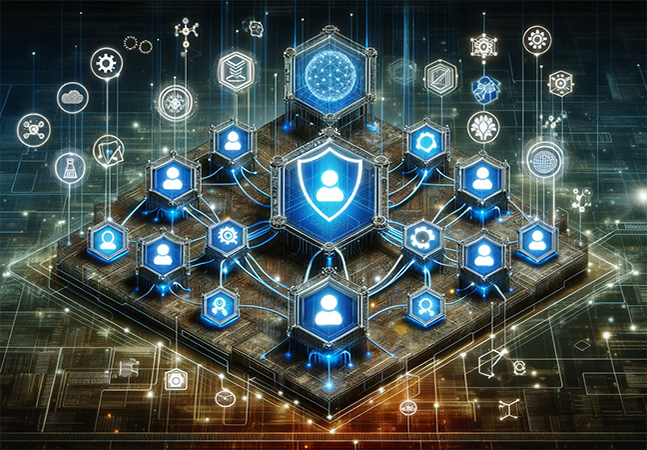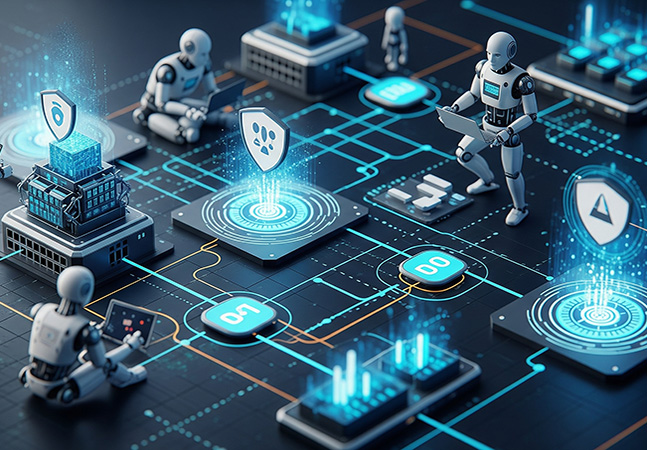
The 2026 Cloud Security Report from Fortinet reveals that while cloud security budgets are rising, 66% of organizations lack confidence in real-time threat detection across increasingly complex multi-cloud environments, with identity risks, tool sprawl, and fragmented visibility creating persistent operational gaps despite significant investment increases.

Gartner’s 2025 Magic Quadrant for AI Application Development Platforms again places IBM in the Leaders quadrant alongside Amazon Web Services, Google and Microsoft.

AWS Ambassador Steven Smiley broke down key re:Invent announcements, focusing on Lambda Durable Functions and new features aimed at simplifying serverless, containers, and networking.

Nutanix announced new Nutanix Cloud Platform capabilities and the Nutanix Cloud Infrastructure 7.5 release to help organizations build and operate distributed sovereign clouds with expanded security, resilience, and global management features.

The new Agentic AI Foundation under the Linux Foundation launches with Anthropic, Block, and OpenAI contributions and immediate platinum backing from major cloud providers, signaling a push for open, cross-cloud standards for AI agents.

In a post-KubeCon + CloudNativeCon 2025 webcast, Kubernetes expert Tom Fenton explained how Kubernetes is rapidly becoming the default platform for AI workloads and why scaling those workloads efficiently now hinges on standards, portability, and maximizing scarce GPU resources.

At AWS re:Invent 2025, Rubrik introduced Rubrik Agent Cloud for Amazon Bedrock AgentCore, bringing monitoring, policy controls and selective rollback for enterprise AI agents

Veeam has released Veeam Data Platform v13, which the company positions as a major update spanning security, AI-driven intelligence, appliance deployment, and expanded hypervisor integration.

Carlos Rivas used today's Virtualization & Cloud Review summit to show how Amazon S3 replication, through SRR, and CRR, has become a core architectural tool for modern cloud disaster recovery.

Rubrik introduced expanded agentic AI management through Microsoft Copilot Studio integration, new Intelligent Business Recovery for Microsoft 365, and DevOps Protection for Azure DevOps and GitHub at Microsoft Ignite 2025.

Brien Posey today detailed how defining backup policies as code can eliminate human error, ensure consistency across environments, and bring cloud data protection in line with modern deployment practices.

Google Cloud's 2026 Cybersecurity Forecast predicts that AI will become standard for both attackers and defenders, with threats expanding to virtualization systems, blockchain networks, and nation-state operations.

A Dimensional Research survey commissioned by Backblaze found nearly all large organizations face hidden cloud storage charges that limit flexibility and drive data lock-in.

A new Gartner survey of 253 infrastructure and operations leaders reports that 54% are adopting AI to reduce costs, with budget limits and integration cited as the top challenges and guidance to start with targeted pilots.

Microsoft identity expert Nathan O’Bryan showed IT pros how to tighten Microsoft 365 security through Entra and Intune features like Conditional Access and Multi-Admin Approval--without hampering user productivity.

This reporter has lately been complaining in team meetings about having to fight with our company ChatGPT, specifically mentioning "yelling at a machine," but recent research indicates that might not be all bad -- blood pressure notwithstanding. A new study finds that ChatGPT-4o gives more accurate answers when prompted rudely rather than politely, contradicting previous research suggesting the opposite.

Veeam Software announced plans to acquire Securiti AI for $1.725 billion to combine data resilience, privacy, and AI trust in a unified platform aimed at helping organizations securely manage and unlock the value of their data across hybrid and multi-cloud environments.

Rubrik introduced Rubrik Agent Cloud, a new enterprise platform for monitoring, governing, and remediating AI agent activity across clouds and SaaS apps, positioning it as a control layer for the AI agent lifecycle built on Rubrik Security Cloud.

Veeam launched Veeam Data Cloud for Managed Service Providers, a secure multi-tenant SaaS platform that simplifies data protection, strengthens security, and expands partner growth opportunities through the Veeam Cloud & Service Provider program.

ribl expanded its AI capabilities with Cribl Notebooks, BYOAI, and a standalone Cribl MCP server, enabling agentic AI readiness across IT and security telemetry infrastructure.